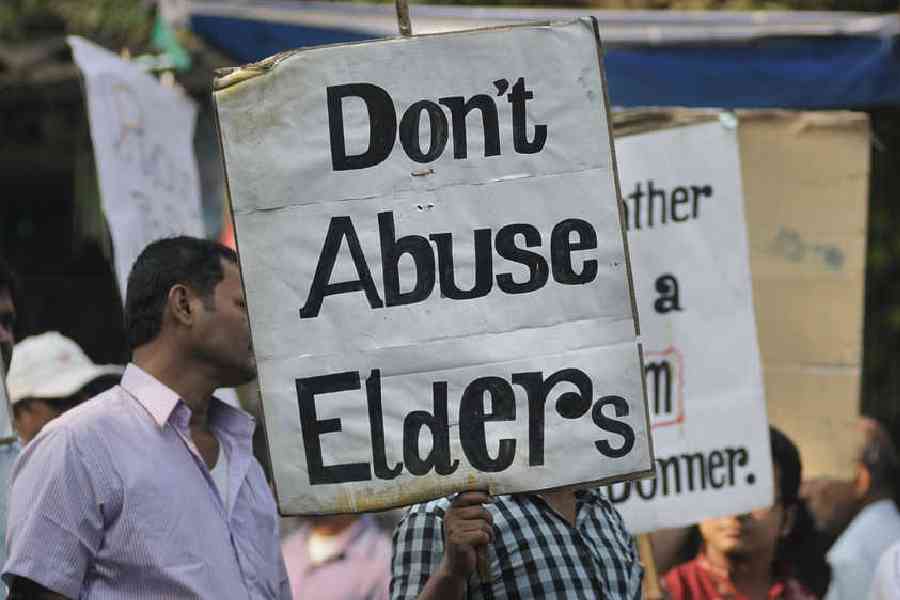Ageing in the modern age can be a challenging experience, not only because of accompanying health infirmities but also attendant societal neglect. A sinister manifestation of this neglect is the rising incidents of abuse — physical, psychological, sexual and emotional — against the global elderly population. India, unfortunately, is not an exception to this malaise in spite of its reputed familial culture. Expectedly, elderly women are more vulnerable to the phenomenon than their male counterparts as a result of existing inequities. The recent report by HelpAge India, Women & Ageing: Invisible or Empowered?, sheds light on this gendered angle to elderly abuse. The study, which collected data from over 7,911 elderly women respondents across 20 states and two Union territories, shows that although 16% were found to be suffering at the hands of family members and relatives, in the majority of cases, these excesses had not even been reported either due to the fear of retaliation or a lack of awareness about redressal mechanisms. The survey also highlighted several other, telling, conditions. A disproportionate percentage of the victims are from rural areas; 25% among them are octogenarians; 54% are illiterate; and less than half of the population is financially secure. This shows that India, despite its ageing demographic, has not been sensitive towards the flagrant violation of the rights of the elderly.
Of course, this festering crisis needs to be seen in juxtaposition with the rapid structural transformations in modern society. The disintegration of joint families, increasing life expectancy, the erosion of traditional support systems along with minimal social security have augmented the marginalisation of the elderly. There has been a proliferation of old-age homes — yet another symptom of the market profiting from receding personalised care systems — but access to and the quality of care provided in these facilities remain uneven. There is thus an urgent need for a comprehensive — and nuanced — re-evaluation of policy for geriatric care. Legal protections, such as the Maintenance and Welfare of Parents and Senior Citizens Act, 2007, and sensitisation programmes must be made robust and expansive. The elderly must also have at hand counselling services to deal with loneliness or bereavement. Law and order initiatives, such as the initiative of the Calcutta Police to ensure the security of the elderly, are commendable. But abuse at home is more subtle and chronic. Does the future generation want to inherit the legacy of failing its elders?











